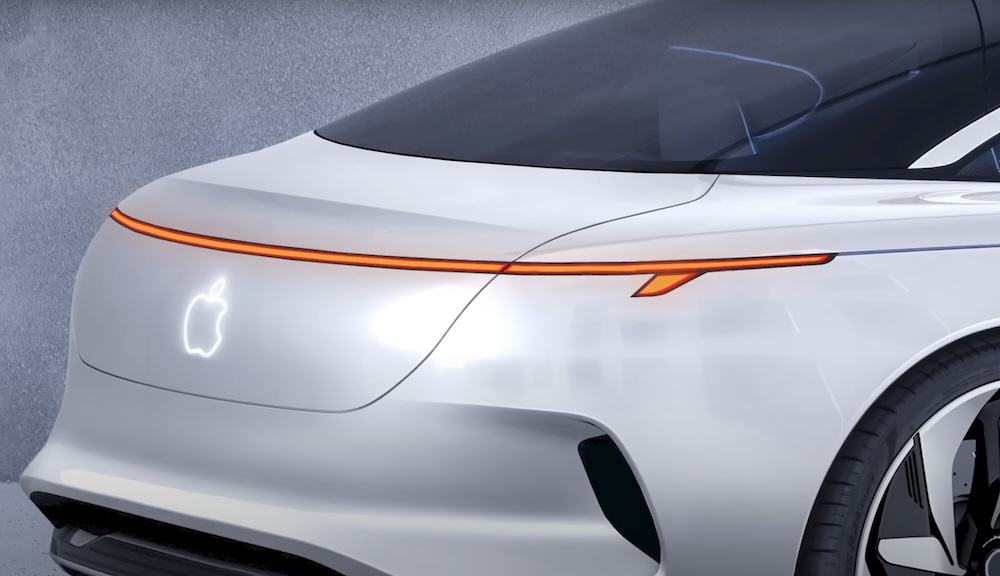Tesla CEO Elon Musk responded with a salute and a cigarette emoji on his social media platform X.
The path to innovation is littered with both success stories and projects that have not seen the light of day. A recent example of such a setback is Apple's cancellation of its ambitious project to develop an autonomous electric car, a decision that not only marks the end of a potentially revolutionary step in the automotive industry but also leads to the layoff of hundreds of employees. This development joins a string of other canceled Apple projects, such as AirPower and its own television, and underscores the inherent risks and challenges of pursuing breakthrough innovation.
Goal
The project, known internally as “Titan,” aimed to enter the automotive industry with a product that combines Apple's signature innovation with advanced technologies in electric vehicles (EVs) and autonomous driving. With the ambition to not only create an electric vehicle but also to revolutionize the driving experience, Apple seemed poised to set a new standard in the industry. The project aimed for a level of autonomy that would represent a significant step forward in the driver assistance features available today, with a focus on safety, efficiency, and personalization through the use of artificial intelligence and machine learning.
Despite the ambitious plans and significant resources poured into the project, including the recruitment of top talent from the automotive and tech industries, Apple has decided to plug from the project to pull. This decision reflects the complex challenges and high costs associated with developing an autonomous electric vehicle, especially for a company that is under constant scrutiny from both the public and investors.

Unfortunately, the Apple Car turned out to be a costly failure.
Stopping it Titan Project is an illustration of the harsh reality that not all technical developments achieve the expected success. This scenario emphasizes the importance of flexibility, strategic insight, and the willingness to make difficult decisions in the face of uncertainty. It provides valuable lessons for project managers and organizations across industries on the importance of adaptability and carefully managing resources in a rapidly changing business environment.
risks
While the cancellation of the Apple Car project is a setback for the company, it is also a reminder of the risks inherent in the pursuit of innovation. The project has undoubtedly contributed to the development of other technologies and products, such as CarPlay, which has transformed the way users integrate their iPhone with their vehicle since its introduction in 2014. These developments show that even in the face of disappointment, the search for innovation can lead to valuable breakthroughs that lay the foundation for future success.
Apple's decision to abandon the Titan project marks a critical moment in the development of autonomous and electric vehicles. It reflects the difficult trade-offs that companies have to make between ambition and feasibility, between vision and reality. As the industry moves forward, the lessons from Apple's electric vehicle adventure remain an important reminder of the complexities and challenges of innovating at the frontiers of technology.




